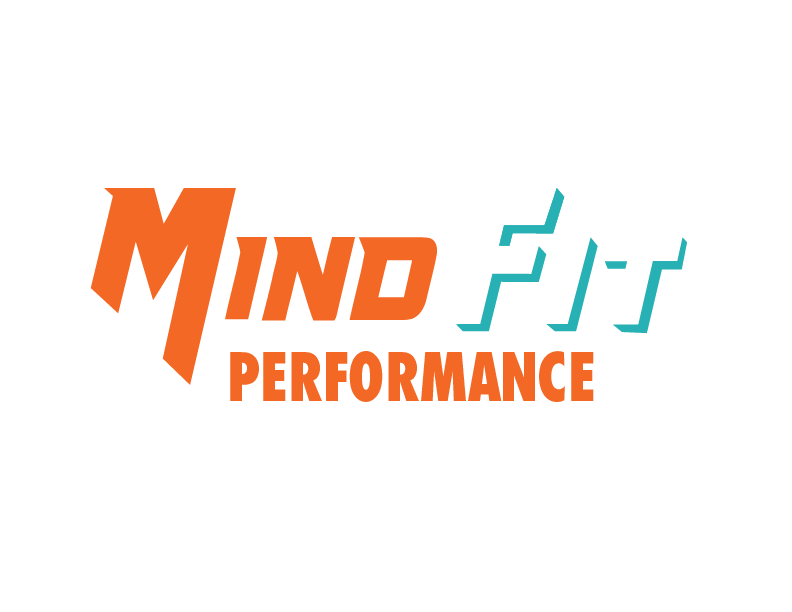Changing How We Talk To Our Youth
Rethinking the post game chat, and why it matters to take a new approach.
The messages our kids see and hear in the world around them about sports is telling them one main thing:
That winning is the most important thing.
This may not come as a surprise to you. They see professional coaches get fired if their team isn’t winning; they see players get benched for underperforming.
What should surprise you is that those messages have trickled down into youth sports.
You can imagine why kids interpret winning to be so important. They see and hear it everywhere; on their team, in the sports they watch, the teams they follow, even at home. Even still, we as coaches and parents can do a better job to foster a mindset that emphasizes effort, growth, and improvement more than winning. We can remind our youth that winning can still be important, but maybe it’s not more important than some of the other great opportunities that sports provide.
Don’t get me wrong. Winning matters and is part of the fun. But it’s not the only thing. Far too often, I hear post game statements like:
“Did you win?”
“Did you score?”
“What was the score?”
“What were you doing out there??!”
“That wasn’t your best game.”
Here’s the problem with statements like these: They show our youth that what matters most to us, their supporters, is outcome. What kids hear is that when they don’t win, they’re parents/guardians must not love them or be proud of them. What this does to youth is contribute to an unhealthy relationship with sports and an unhealthy source of confidence, because meeting the expectations of others, winning, or producing results becomes more important than having fun, improving, and learning.
And when we do try to ask neutral questions, like, “How was the game?”, we often get these responses:
“Good, we won.”
-OR-
“Bad, we lost.”
As you can see, so much focus is on the outcome. Hardly any attention or reflection is placed on effort, improvement, teamwork, overcoming challenges, or having fun. Yet these are the core ingredients to developing lifelong healthy mental perspectives.
And many times, what parents think their kid did or didn’t do well is very different from what the kid thinks they did or didn’t do well.
Moral of the story, it’s not easy to be a sports parent/guardian. But there are things we can do and say that can help foster a healthy relationship with
Below is a list of questions and statements that contribute to a growth mindset, show your kiddo you love them no matter what, and build up their self-confidence and perspective on sports.
1) “What did you enjoy most about the game?”
The message: You participated in a game that I know you enjoy and that I enjoyed watching, but I am most interested in how it made you feel.
2) “How do you feel about your contribution?”
The message: It is important to be aware of your strengths and your contribution. It is also important to consider how you hold yourself accountable to delivering on those strengths so the team can count on using them in the strategy. When asked with a genuine heart – it leads them away from feelings of being judged, and helps them with awareness and accountability.
3) “What did you learn today that you can use in your next game?”
The message: You learn from wins and losses, so be aware of what you learned and apply it to help build skills and bring added joy next time you play.
4) “You looked like you were having fun out there today!”
The message: Fun matters. Sports are meant to be fun, and you can have fun, work hard, and want to win at the same time.
5) “You looked like you were working hard out there. You must be proud of yourself!”
The message: Learning to be proud of myself helps me build confidence internally rather than externally. That way, whether I meet outside expectations or not, I can maintain a level of confidence and pride in my effort and ability.
6) “I love watching you play.”
The message: Whether you win, lose, play well, or don’t play well, no matter what, I love to watch you play. These simple words help remove the fear of failure and expectations of success, which can be a paralyzer for many youth athletes.
Our youth are still figuring out their self-esteem and how to think about their experiences. They are primarily emotion focused, and therefore it is our job as parents, guardians, and coaches to model better ways that they can think about their performances. Facilitating healthy performance reflection in their youth years will set them up for healthy performance reflection throughout their lives. We must ensure that they know they can always improve and that we love and support them no matter what.
If you feel this topic, and want to continue the conversation, reach out and let’s talk!
